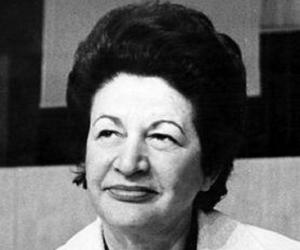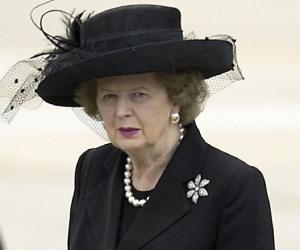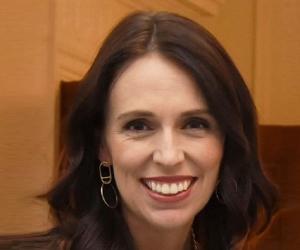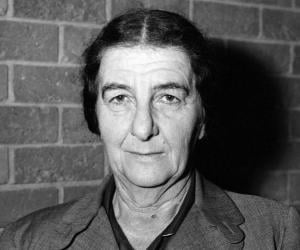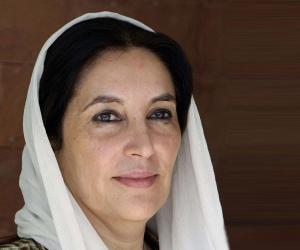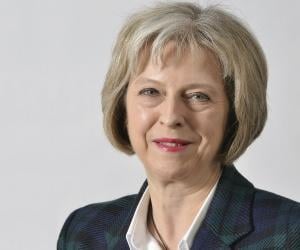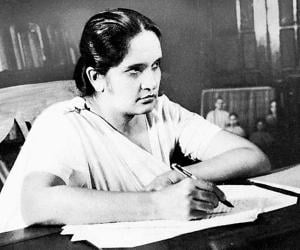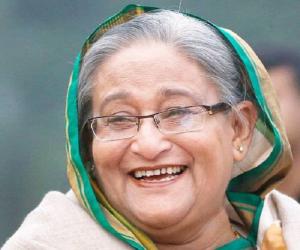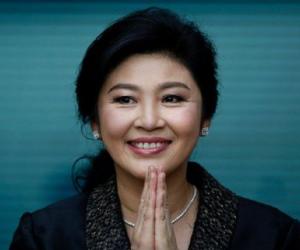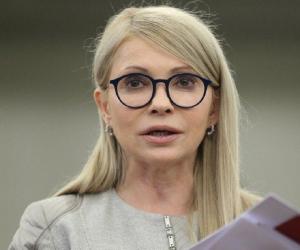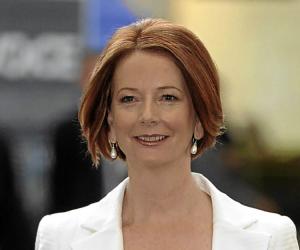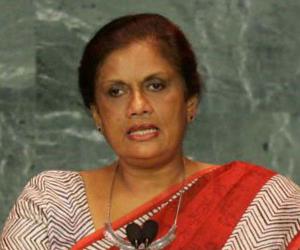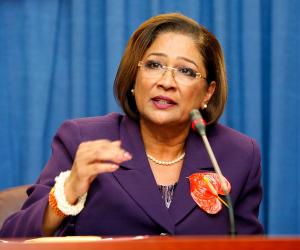United Kingdom’s first female Prime Minister and also the longest serving Prime Minister in the 20th century, Margaret Thatcher served three consecutive terms in the office from 1979 till 1990. Her political views and leadership approach, known as Thatcherism, got her the nickname of Iron Lady. Though controversial, she prominently ranks high in the list of the best British Prime Ministers.
Jacinda Ardern is the current Prime Minister of New Zealand. In October 2017, at the age of 37, she became the world's youngest female head of government. Ardern was praised for the way she led her country after the Christchurch mosque shootings in March 2019 and handled the COVID 19 pandemic. She led her party to victory in 2020 general elections.
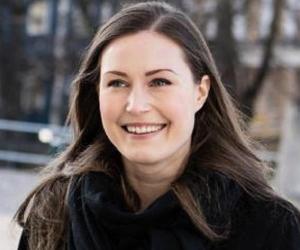
Finland’s 46th prime minister, Sanna Marin has also previously been the country’s minister of transport and communications. A Social Democratic Party member, she was dragged into a controversy after a video of her partying and dancing became viral in 2022, with critics accusing her of drug abuse.
The third Prime Minister of India, Indira Gandhi served as PM from 1966 till 1977 and then again from 1980 till her assassination in October 1984. She is considered one of India’s strongest PM and is hailed for leading India to victory over Pakistan in 1971, which resulted in the creation of Bangladesh. However, she is also categorised as authoritarian and is criticised for imposing Emergency in 1975.
Born in present-day Ukraine and brought up in the United States, the phenomenal rise of Golda Meir to become the prime minister of Israel was driven by her sheer leadership qualities. She steered her country amid hostilities from its neighbourhood during her eventful term as premier which also saw the Yom Kippur War. She is remembered as a strong-willed woman.
Benazir Bhutto was a Pakistani politician who served as Pakistan's prime minister in two separate terms and became the first woman in a Muslim majority nation to lead a democratic government. She was assassinated, at the age of 54, and after her death has been revered by many as an icon for women's rights.
Theresa May is a British politician who became the United Kingdom's second female prime minister. She served as prime minister from 2016 to 2019. During her prime ministership, May's involvement in the Brexit negotiations gave rise to the Brexit withdrawal agreement. She is also credited with co-founding Women2Win, which promotes women empowerment.
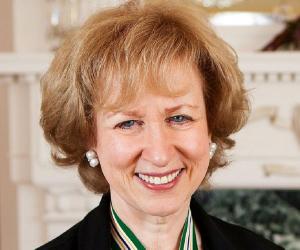
Canadian politician and Progressive Conservative leader Kim Campbell made headlines when she became the first woman to serve as the prime minister of Canada and remains the only woman to have achieved the feat. After quitting her doctoral studies, she studied law and joined the British Columbia Bar.
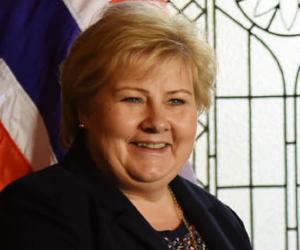
The 35th prime minister of Norway and the 2nd female Norwegian politician to hold the position, Erna Solberg now leads the Conservative Party and thus serves as the Leader of the Opposition. She previously earned the nickname Iron Erna for her stern decisions as Norway’s Minister of Local Government and Regional Development.
Sheikh Hasina, daughter of Bangladesh's first president, Sheikh Mujibur Rahman, is the current prime minister of Bangladesh. The Awami League leader was also named to Forbes’s list of The World's 100 Most Powerful Women and TIME 100, both in 2018, and is part of the Council of Women World Leaders.
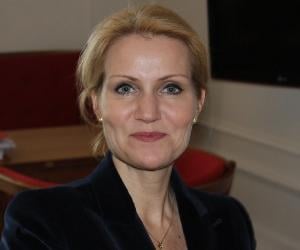
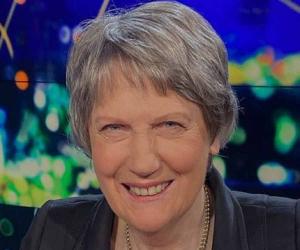
Helen Clark is a New Zealand politician who served as the Prime Minister of New Zealand from 1999 to 2008. She was only the second woman to hold the prime minister's office in New Zealand. An important politician, Helen Clark also served as the Minister of Health from 1989 to 1990 and as the Minister of Foreign Affairs in 2008.
Born into an affluent business and political family of Thailand, Yingluck Shinawatra received an elite education. She became the country’s first female prime minister but later fled the country when charges of corruption were brought against her. It is believed she is now exiled in London.
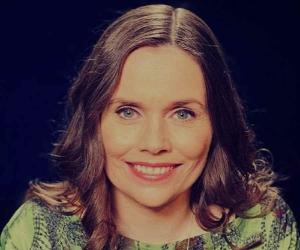
The feisty Orange Revolution leader Yulia Tymoshenko became Ukraine’s first lady prime minister in 2005 and was back in power from 2007 to 2010. She made her signature blonde ponytail, sometimes worn in a crown-shaped braid, a fashion statement. Tymoshenko was on Forbes’s list of the world’s most powerful women.
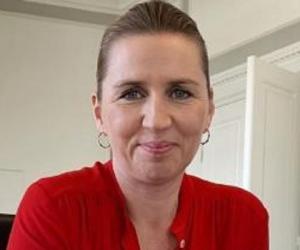
Chandrika Kumaratunga is a Sri Lankan politician who became the first female president when she was elected as the president of Sri Lanka in 1994. Having served as the president from 1994 to 2005, Kumaratunga is the only female Sri Lankan president to date. She also served as the head of the Sri Lanka Freedom Party from 1994 to 2006.
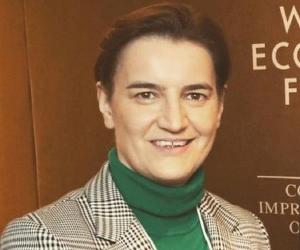
Ana Brnabić is a Serbian politician and the current Prime Minister of Serbia. Brnabić is the first openly gay person and first woman to hold the office of the prime minister of Serbia. In 2019, Ana Brnabić was mentioned in Forbes magazine's most powerful woman in the world and most powerful female political leader lists.
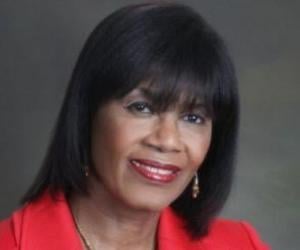
Portia Simpson-Miller is a Jamaican politician best known for her service as the Prime Minister of Jamaica on two occasions; from 2006 to 2007 and again from 2012 to 2016. From 2005 to 2017, Portia Simpson-Miller served as the leader of the People's National Party.
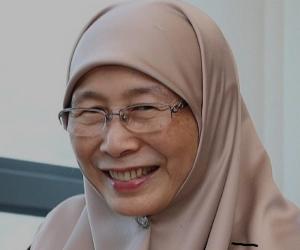
Wan Azizah Wan Ismail is a Malaysian politician who served as the Deputy Prime Minister of Malaysia as well as the Minister of Women, Family and Community Development from 21 May 2018 to 24 February 2020. Wan Azizah Wan Ismail is the first female to hold the office of the Deputy Prime Minister.
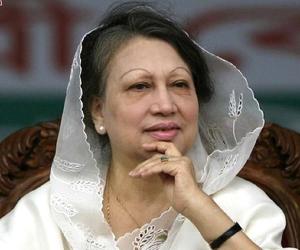
Khaleda Zia is a Bangladeshi politician who has served as the Prime Minister of Bangladesh on two occasions; from 1991 to 1996 and again from 2001 to 2006. An influential politician, Zia has been serving as the Chairperson of the Bangladesh Nationalist Party since 1984. From 1977 to 1981, she served as the First Lady of Bangladesh.
Kamla Persad-Bissessar is a Trinidadian and Tobagonian politician who served as the prime minister of Trinidad and Tobago from 2010 to 2015. Kamla is Trinidad and Tobago's first female prime minister, leader of the opposition, and attorney general. In 2011, she was named the world's 13th most influential female leader by Time magazine.
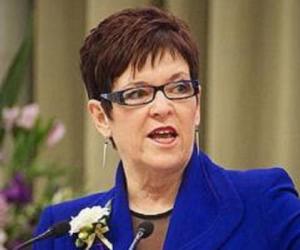
Jenny Shipley is a New Zealand retired politician who became the first female Prime Minister of the country in 1997. She served as the Prime Minister until 1999 and then served as the Leader of the Opposition from 1999 to 2001. An influential politician, Jenny Shipley also served as the Minister of Health from 1993 to 1996.
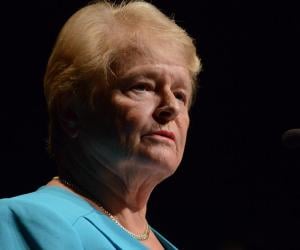
Norway’s 29th prime minister, Gro Harlem Brundtland was also the country’s first female prime minister and had served 3 terms. A trained physician and a public health expert, she also headed the World Health Organization as its 5th director-general. She has been Norway’s minister of the environment and has headed the Labor Party, too.
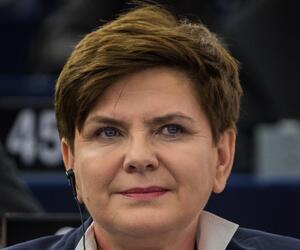
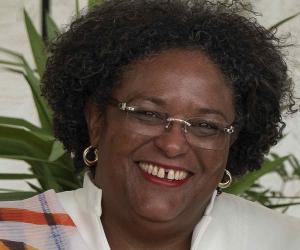
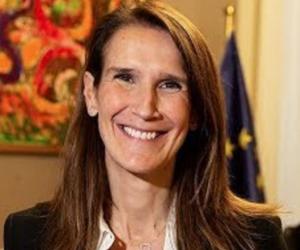
Politician Sophie Wilmes scripted history when she became the first Belgian woman to become the country’s head of government, when she took over as Belgium’s prime minister. She has also been Belgium’s minister of budget. A powerful female icon, she made it to the Forbes list of Power Women in 2019.

Turkish economist Tansu Çiller has been Turkey’s 22nd prime minister and the only woman to hold the post. The True Path Party politician has also been Turkey’s minister of state and of foreign affairs, and the deputy minister of the country. She also became Turkey’s youngest full professor.
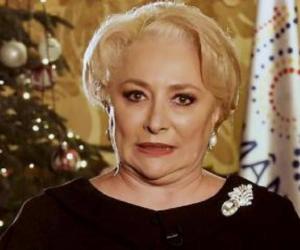
Seasoned Romanian politician Vasilica Viorica Dăncilă became the first woman in the history of Romanian politics to hold office as Prime Minister of Romania as also President of the Social Democratic Party (PSD). She also served as Member of the European Parliament for Romania and is the present President of the newly founded Romanian political party called Nation People Together.
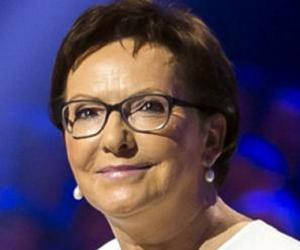
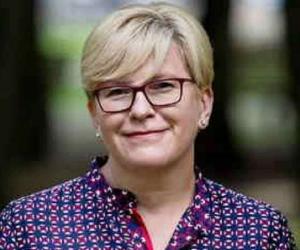
Ingrida Šimonytė is a Lithuanian economist and politician. She is the current Prime Minister of Lithuania. An influential politician, Šimonytė also served as the Minister of Finance from 7 July 2009 to 13 December 2012. In 2019 and 2020, Ingrida Šimonytė was named Delfi Women of the Year.
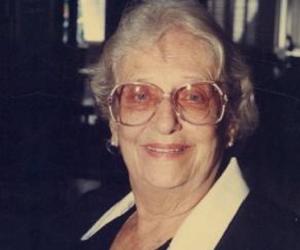
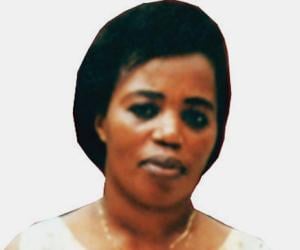
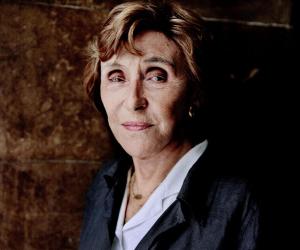
Édith Cresson is a French politician who served as the prime minister of France from 1991 to 1992. She is the first, and so far the only woman to have held this office. Her term was uneventful and her political career ended in scandal. She is a member of the Council of Women World Leaders as well.
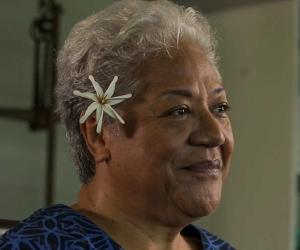
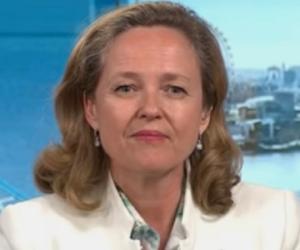
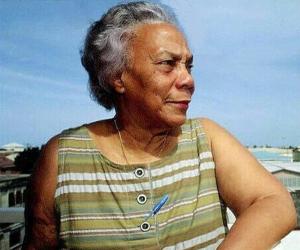
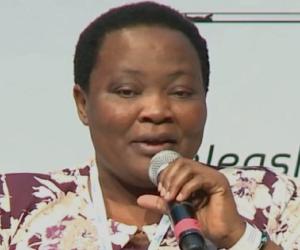
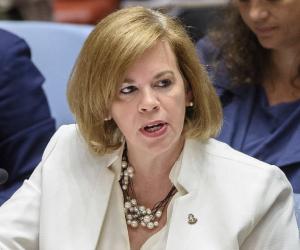
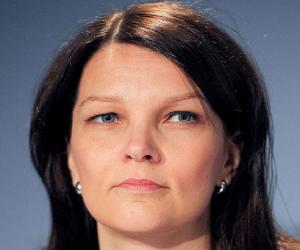
Finland’s 41st prime minister, Mari Kiviniemi was also the country’s second female politician to hold the post. She has previously led the Center Party as its leader and las also led Finland as its minister of public administration and foreign trade. She has also been associated with the OECD as its deputy secretary-general.
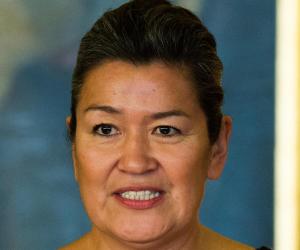
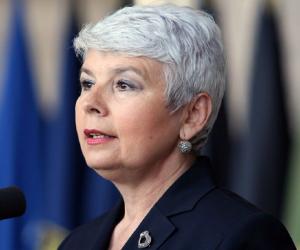
Former prime minister of Croatia, Jadranka Kosor began her career as a journalist and later stepped into politics with the center-right political party Croatian Democratic Union. She has also been the Croatian Minister of Family, Veterans' Affairs and Intergenerational Solidarity and has won honors such as the Grand Order of Queen Jelena.
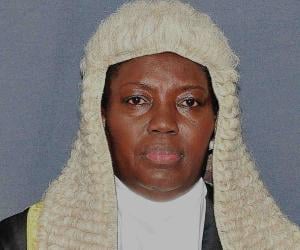
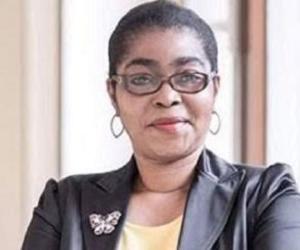
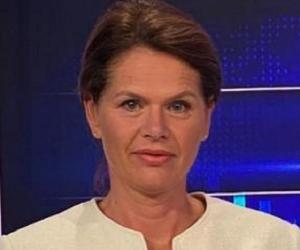
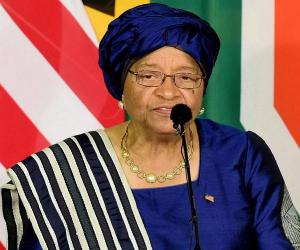
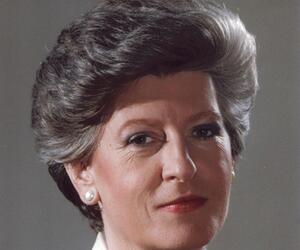
Hanna Suchocka is a Polish lawyer, political figure, and professor of constitutional law at the Adam Mickiewicz University in Poznań, Poland. Hanna Suchocka served as the Prime Minister of Poland from 1992 to 1993, becoming the first Polish woman to hold this post and only the 14th woman to serve as a nation's prime minister.
